
Stay in the Shade

There's always a trade-off to summer. You want to have fun in the sun, but you still want to take care of your skin. While most sunscreens on the market are safe to use, some people prefer to avoid chemicals on their skin when possible.
So, when you're heading outside to soak in the summer heat, the best, most chemical-free thing you can do to protect your skin from sunburns and premature aging is to stay out of the sun and find shade where you can.
Hat and Sunglasses

Wear a hat and sunglasses. This keeps the sun mostly off of your face (and from damaging your eyes), helping to prevent the deep-penetrating UVA rays from accelerating signs of aging in your skin.
Sunscreen

If you'll be exposed to direct sunlight, sunscreen is essential. Look for recommendations from the Environmental Working Group (EWG) to find the brand and type that will work best for you. The organization leans toward mineral sunscreens rather than chemical ones in its rankings.
Cover Up

Even if you're wearing sunscreen, cover up with light, sun-protective clothing whenever you can. Beach cover-ups and cute kaftans—or even a lightweight, long-sleeved shirt—will keep the sun off your shoulders and arms.
SPF Lip Balm

Moisturize
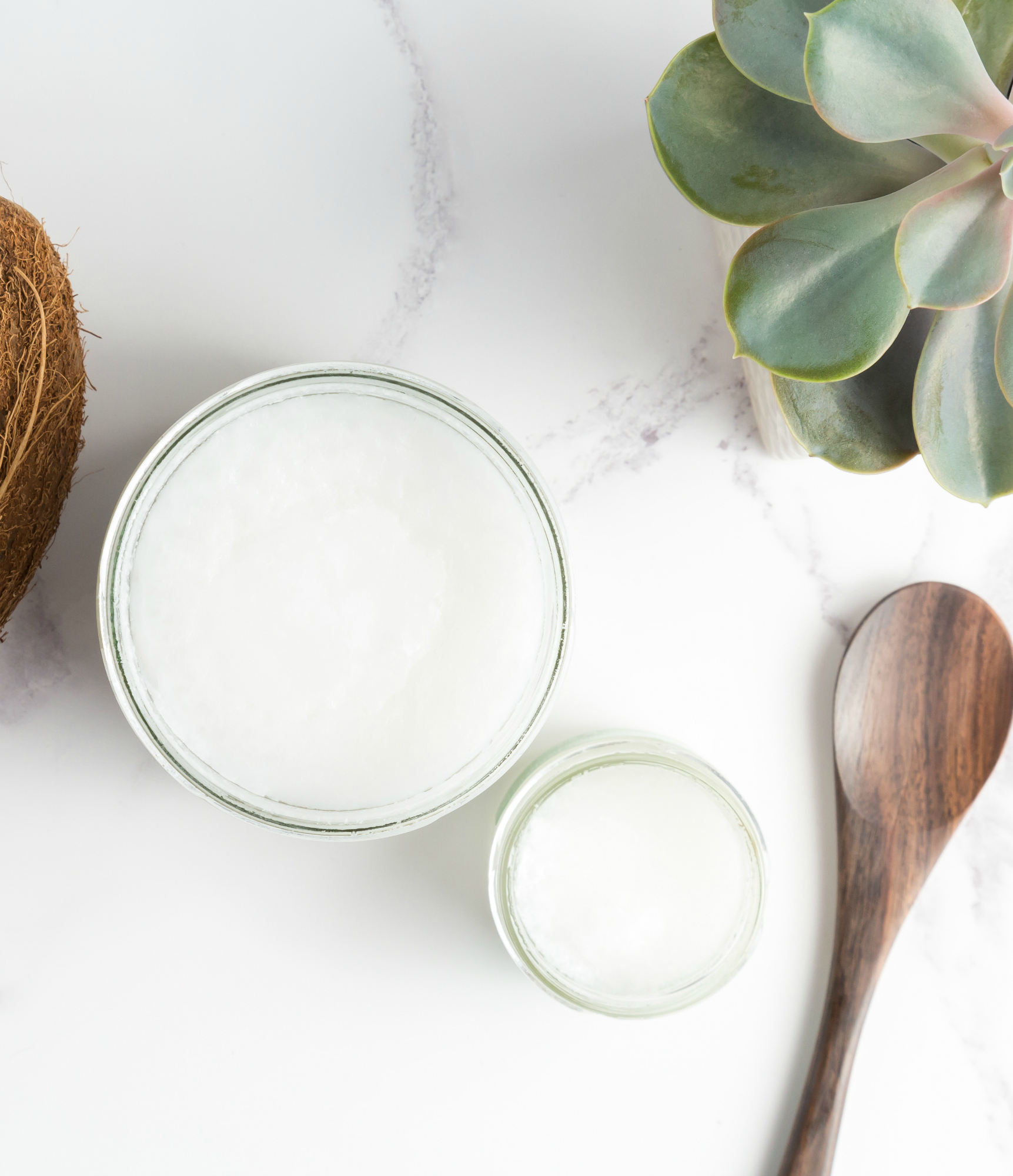
Health magazine rounded up the EWG's recommendations for the best moisturizers with sunscreen. Find the one suitable for your skin type and what you like in a moisturizer, and use it every day, reapplying after being out in the sun, at the pool or the beach.
Eat Your Vegetables

You should always eat your fruits and vegetables for optimal health, and some studies show that a diet rich in vitamin C, beta-carotene, lycopene and vitamin E can boost the body's protections against sunburn and sun damage. There are no studies proving you can eat your way to sun-proof skin, however, so make sure you cover up with clothing and sunscreen. But fresh fruits and vegetables, particularly antioxidant-rich ones, will reduce inflammation in the event you do get too much sun.
Drink Water

For better-looking skin, no matter what season it is, drink plenty of water. In the heat of the summer, when you're sweating a lot more, you'll really need to replenish. For a day at the beach, out at the pool or even in the shade, you'll probably need to drink even more than usual to keep your body—and skin—hydrated.
Try Dry Brushing
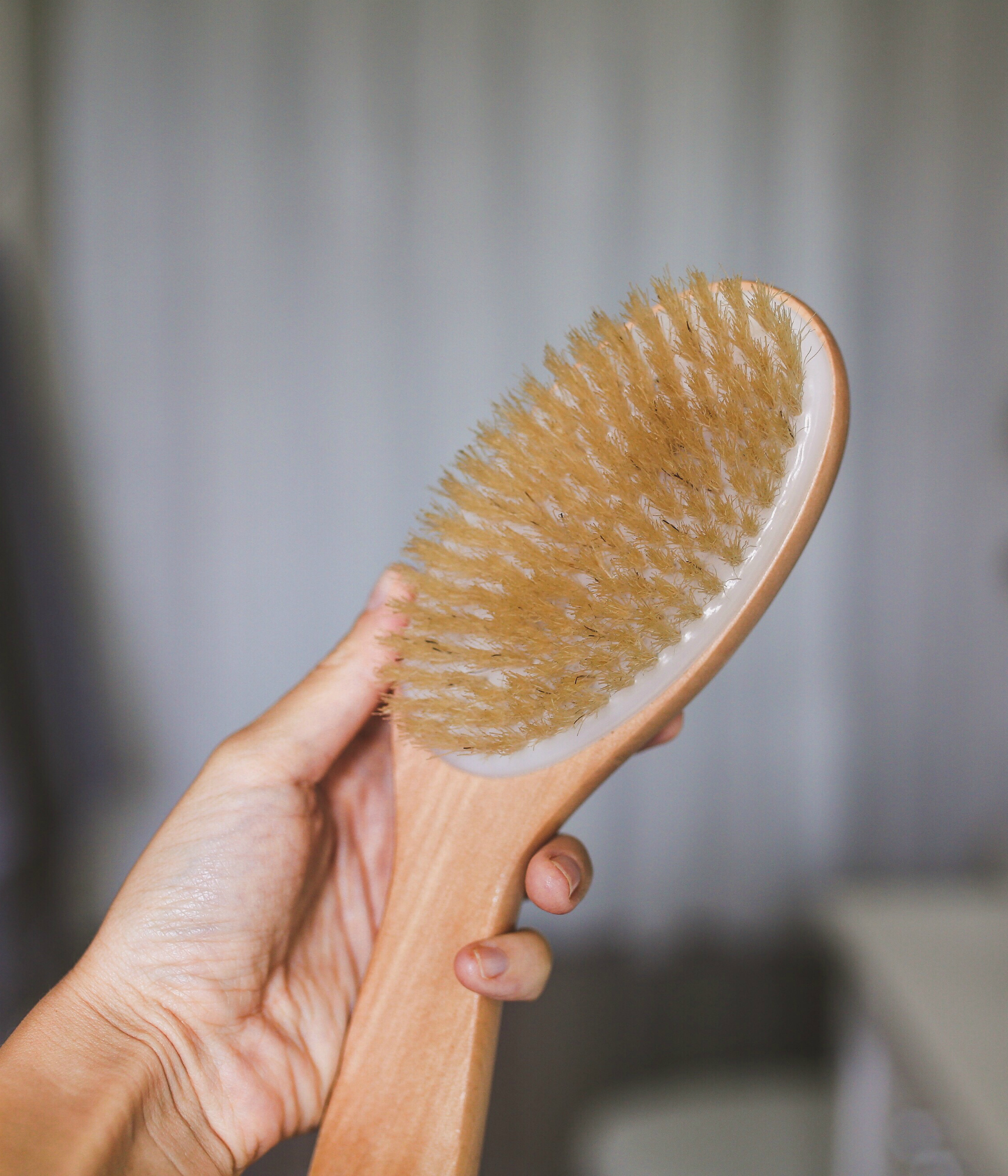
Dry brushing started gaining popularity a couple of years ago. There are no proven benefits, but some people swear by how it makes them feel. The idea is that you run a dry brush over your skin to stimulate blood flow, engage the lymphatic system and promote the release of toxins. However, it's probably a great way to slough off dead skin cells and freshen up skin that's been dried out from the sun, pool chemicals and the ocean's saltwater.
Use Face Oils
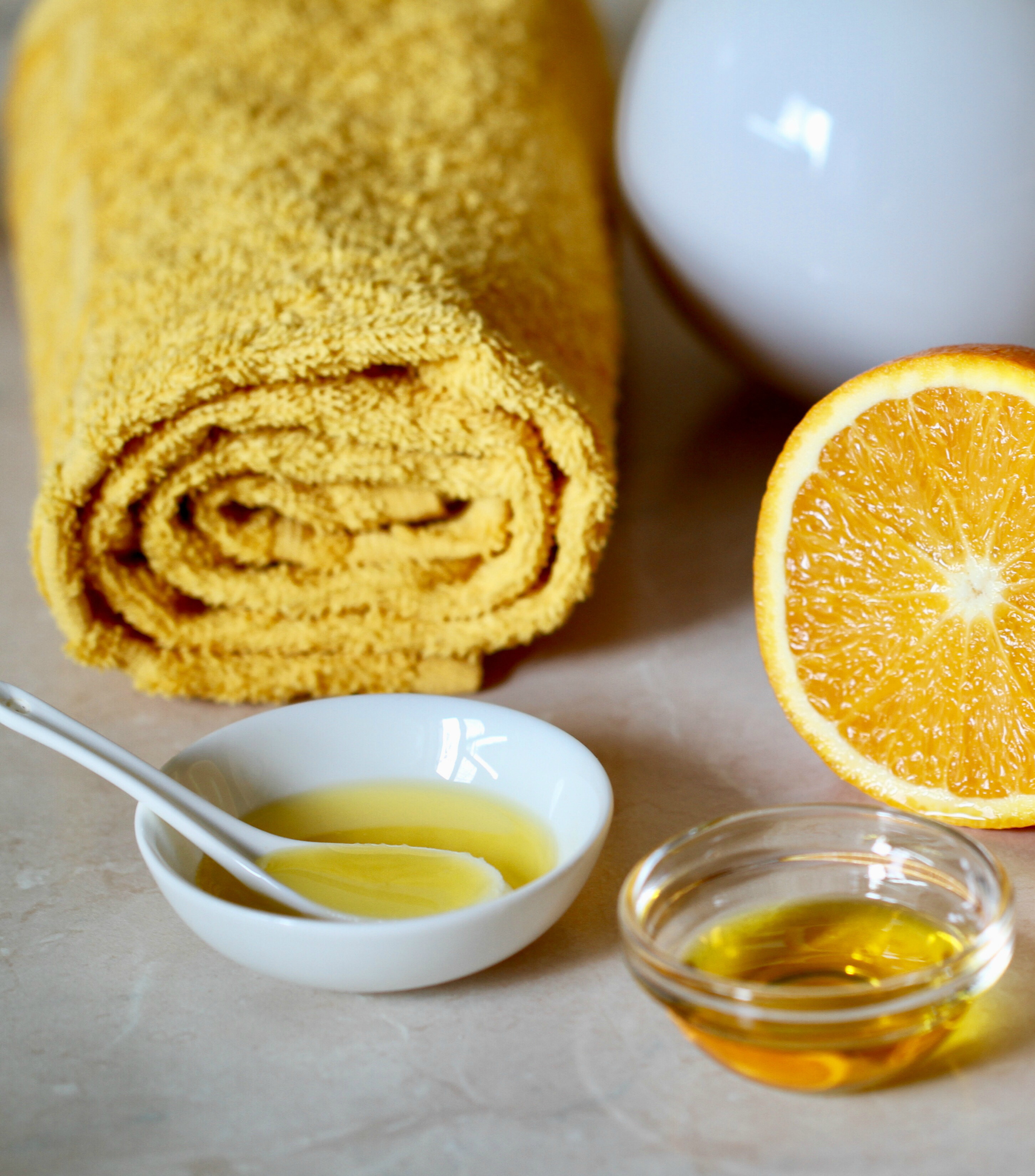
We're taught to keep oil away from our skin, with the idea being that it clogs pores. But some face oils are good for our skin and actually help deep clean our pores and prevent wrinkles. Dr. Rebecca Tung, chair of the division of dermatology at Loyola University of Chicago, told Good Housekeeping that it's important to choose face oils wisely. If your face is already sun-damaged, for example, Tung recommends primrose oil or those with a vitamin E base, such as Argan oil. Face oils without an SPF cannot protect against UV rays, so be sure to add sunscreen if that's the case with your favorite oil.
Cucumber Masks
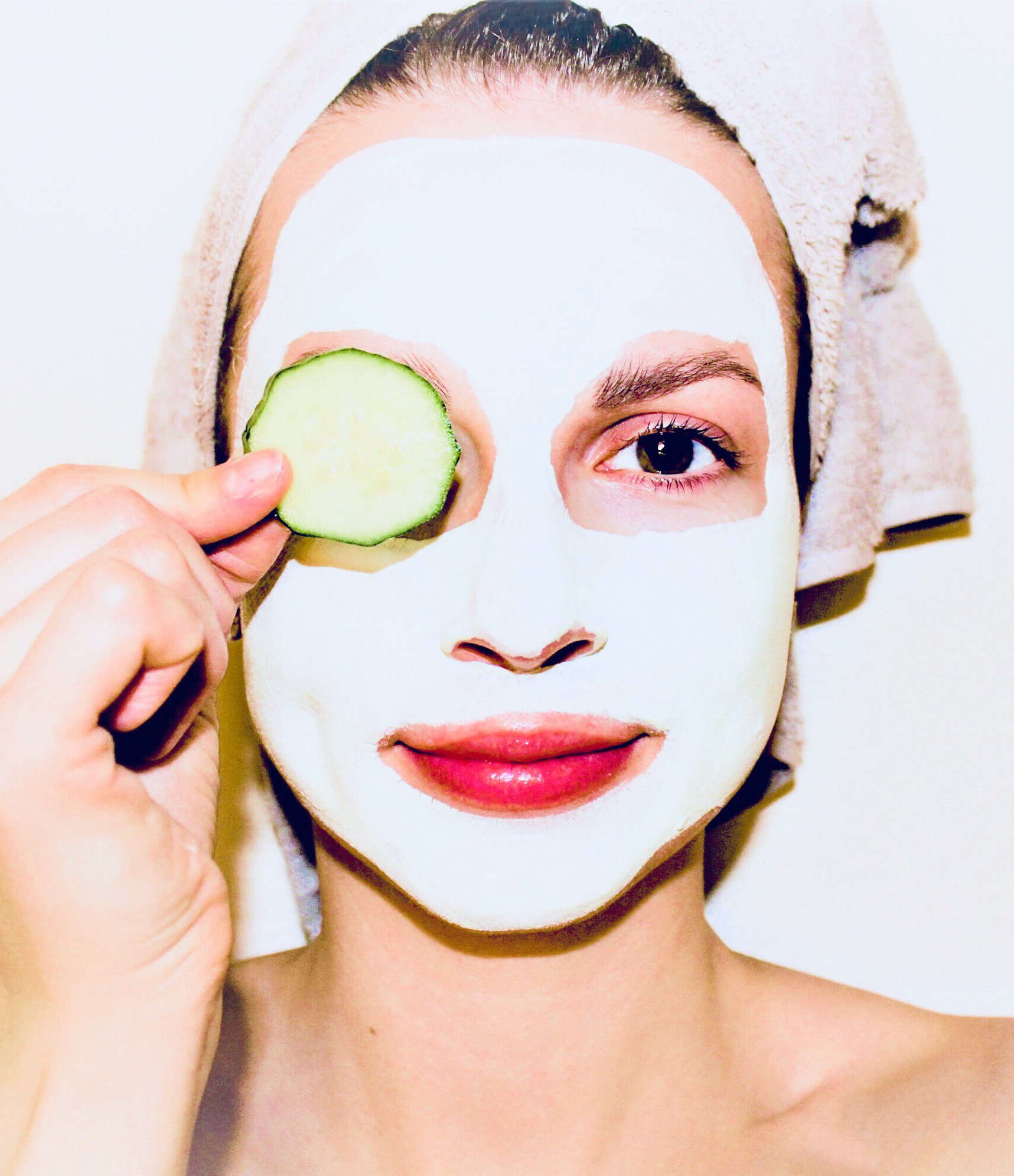
Cucumbers are a great way to soothe skin if you've spent too much time in the sun. Just mash some into a paste and apply on red or burned areas. They're also great as a post-sun skin damage protector, even if you don't have a burn. Apply cucumber disks around the eyes' sensitive skin to prevent after-beach puffiness. Or throw some into a salad or smoothie—they're mostly water and super hydrating.
Up Your Omega-3s
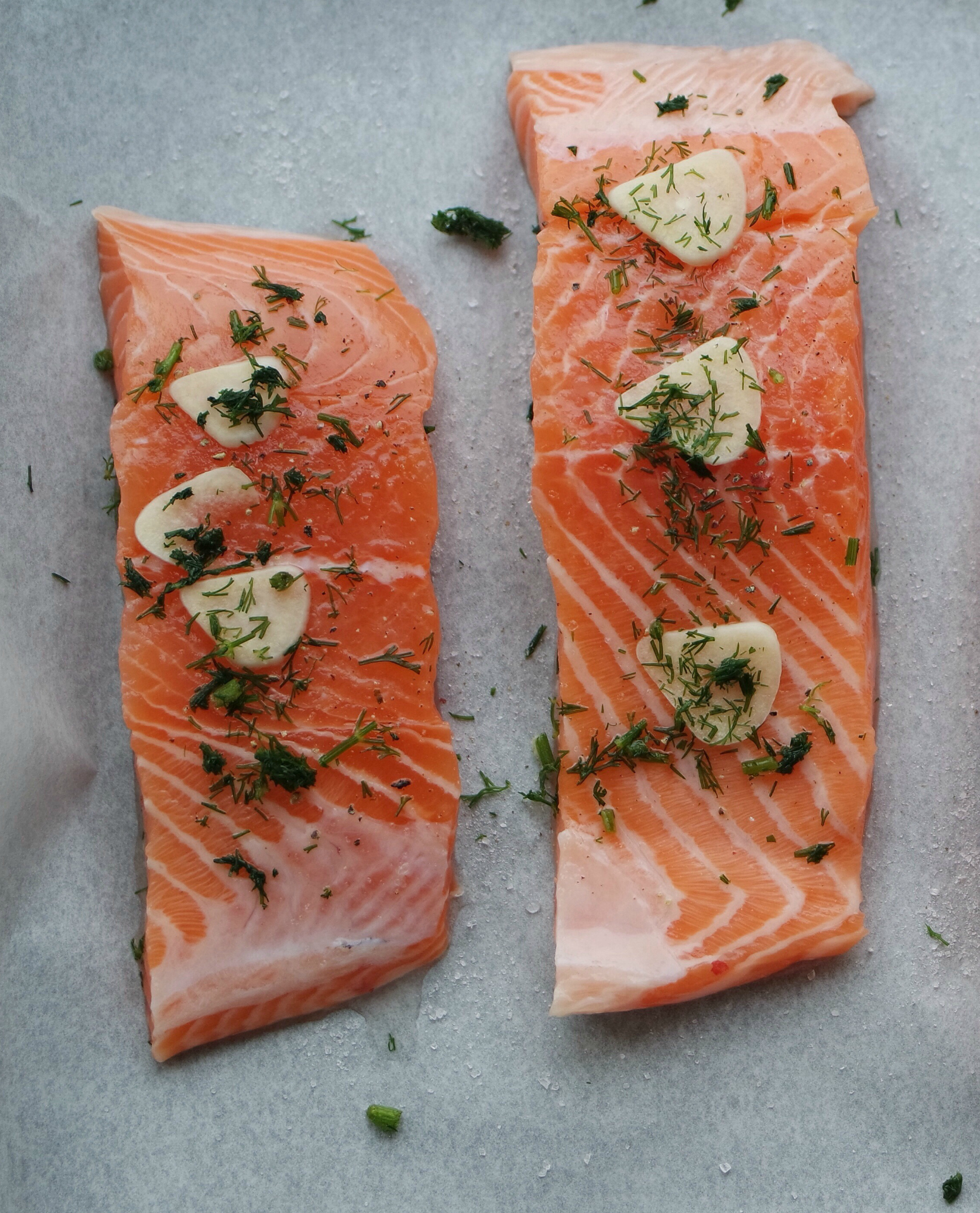
One of the best and most natural ways to protect your skin in the summer is to have healthy skin year-round. This means that in addition to getting good sleep and keeping your skin clean and moisturized, you need a diet that includes omega-3 fatty acids. Those have been shown to reduce skin inflammation. Omega-3 supplements and some topical creams rich in omega-3s might slow damage from UV rays, meaning they keep your skin from aging too fast.




